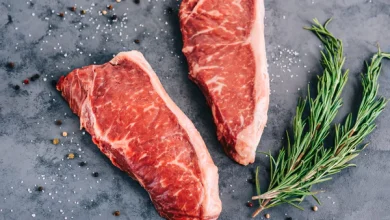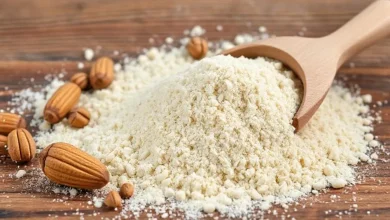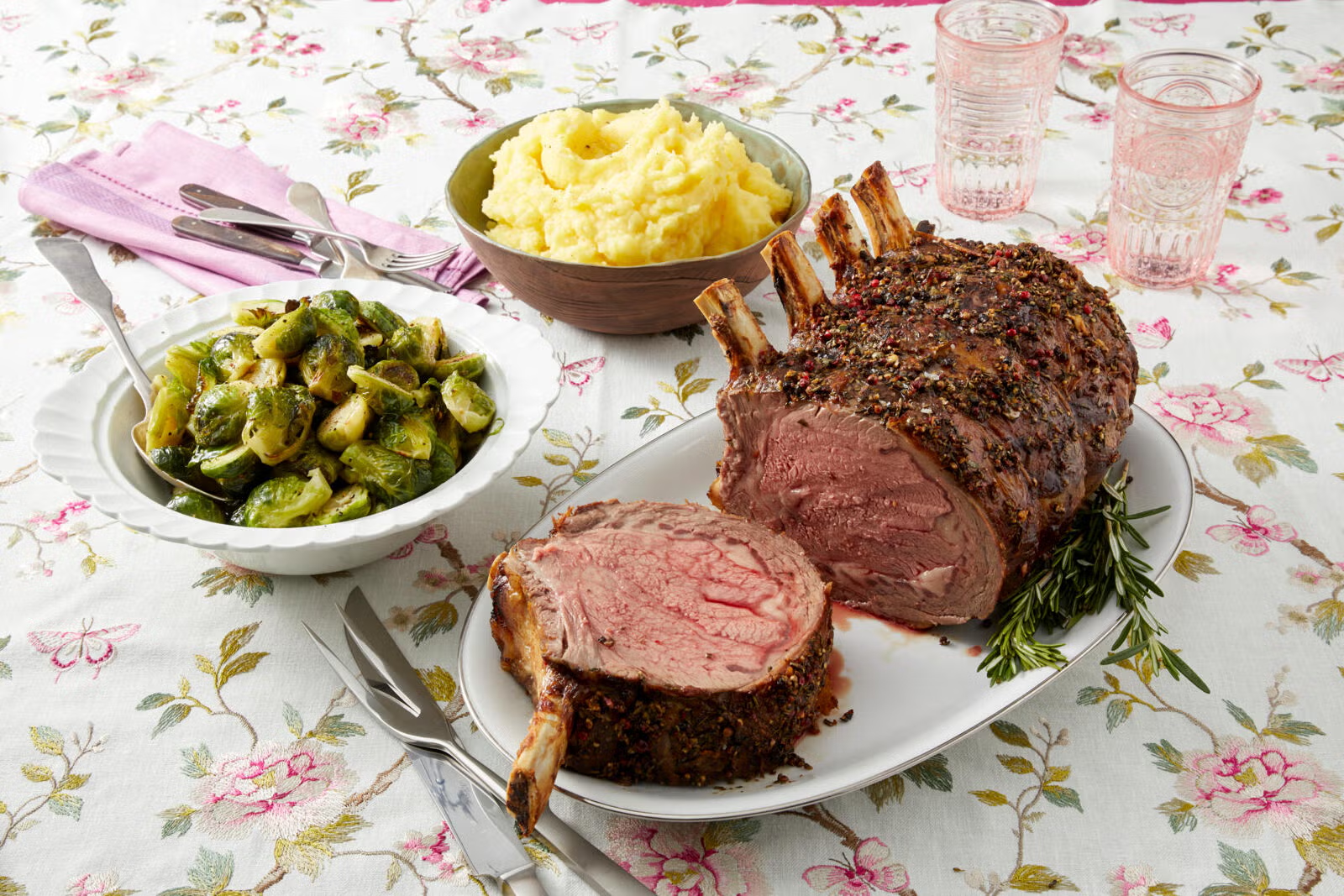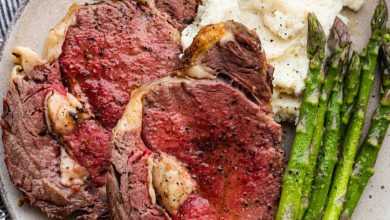Cardoon (Cooked, Bleached, Drained, Without Salt)
Cardoon is a lesser-known vegetable that is related to artichokes, prized for its tender stalks and mild, slightly bitter flavor. When cooked, it becomes soft and easy to incorporate into a variety of dishes. It can be enjoyed as a side dish, in stews, or even in salads.
Nutritional Information (Per 100g Serving)
| Nutrient | Amount |
|---|---|
| Energy | 22.0 kcal |
| Protein | 0.76 g |
| Total Fat | 0.11 g |
| – Saturated Fat | 0.012 g |
| Carbohydrates | 5.33 g |
| – Fiber | 1.7 g |
| – Sugars | 0.0 g |
| Minerals | |
| – Calcium | 72.0 mg |
| – Iron | 0.73 mg |
| – Magnesium | 43.0 mg |
| – Phosphorus | 23.0 mg |
| – Potassium | 392.0 mg |
| – Sodium | 176.0 mg |
| – Zinc | 0.18 mg |
| – Copper | 0.0 mcg |
| – Manganese | 0.133 mg |
| – Selenium | 1.0 mcg |
| Vitamins | |
| – Vitamin C | 1.7 mg |
| – Thiamine (B1) | 0.018 mg |
| – Riboflavin (B2) | 0.031 mg |
| – Niacin (B3) | 0.294 mg |
| – Vitamin B6 | 0.042 mg |
| – Folate (B9) | 22.0 mcg |
| – Vitamin B12 | 0.0 mcg |
| – Vitamin A | 6.0 mcg |
| – Vitamin E | 0.0 mg |
| – Vitamin D2 | 0.0 mcg |
Health Benefits
- Low in Calories: Cardoon is a great option for those looking to reduce calorie intake while still enjoying a filling vegetable. At just 22 kcal per 100 grams, it’s a light choice for a healthy meal.
- Rich in Potassium: With 392 mg of potassium per 100 grams, cardoon supports heart health and can help maintain healthy blood pressure levels.
- Source of Dietary Fiber: Each serving provides 1.7 grams of fiber, which can contribute to better digestion and overall gut health.
- Packed with Essential Minerals: Cardoon contains significant amounts of calcium, magnesium, and iron, making it a valuable vegetable for bone health and oxygen transport.
- Supports Immune Function: Though not a high source, cardoon offers small amounts of vitamin C (1.7 mg), which plays a role in immune system function and skin health.
Allergen Information
Cardoon is naturally gluten-free, dairy-free, and suitable for those following vegan or vegetarian diets. It does not contain any common allergens like nuts, soy, or eggs. However, people with specific allergies to certain types of vegetables or members of the Asteraceae family (such as artichokes) should be cautious.
Dietary Preferences
- Gluten-Free: Safe for individuals with gluten intolerance or celiac disease.
- Low-Calorie: Perfect for those following calorie-restricted diets.
- Vegetarian & Vegan: This vegetable fits well within both vegetarian and vegan diets.
- Low in Fat: Cardoon is a low-fat food, making it a good option for those looking to reduce fat intake.
Cooking Tips
When preparing cardoon, it’s important to clean it thoroughly and remove any tough outer layers. The vegetable can be boiled, steamed, or braised. To reduce its natural bitterness, it’s often recommended to blanch the cardoon before further cooking. If you’re new to cooking with cardoon, try adding it to soups or stews, where its subtle flavor pairs well with other vegetables.
Conclusion
Cardoon is an excellent, nutrient-rich vegetable that’s both versatile and healthy. Whether you’re looking to add variety to your meals or enjoy its distinct taste, it offers a range of vitamins, minerals, and fiber with very few calories. Plus, it’s a suitable choice for a wide variety of dietary preferences and needs, making it an easy and nutritious addition to your culinary repertoire.










